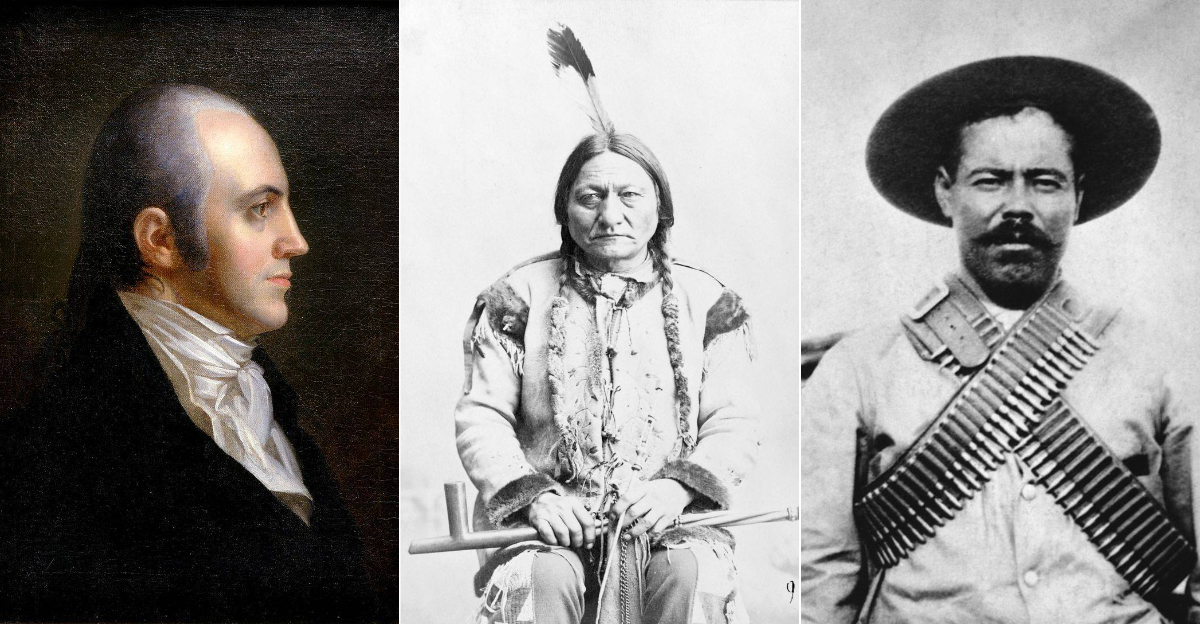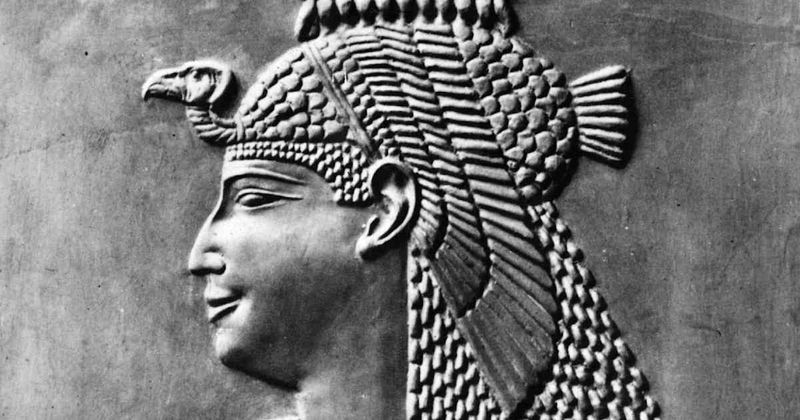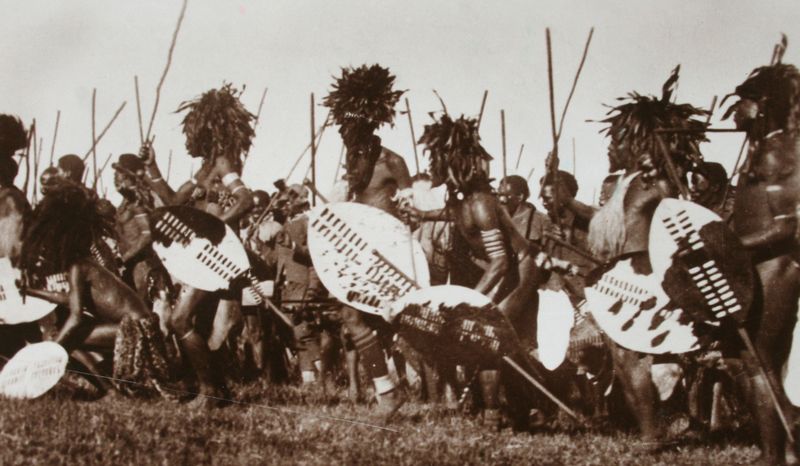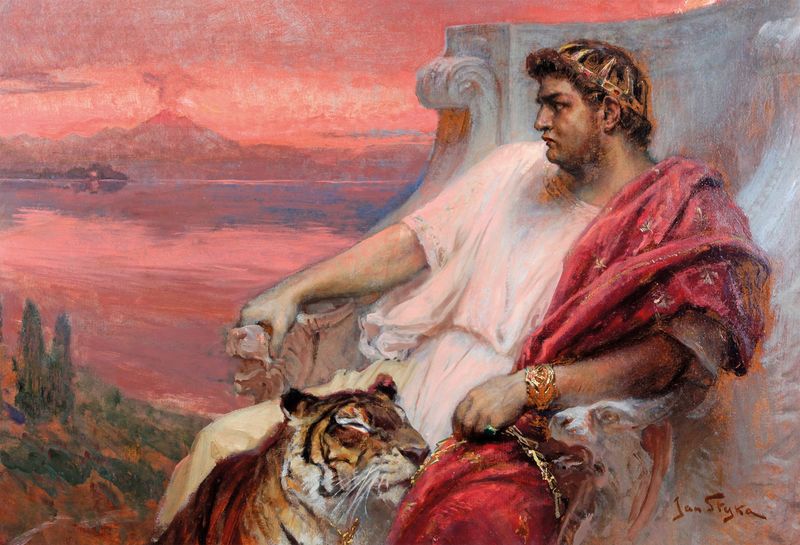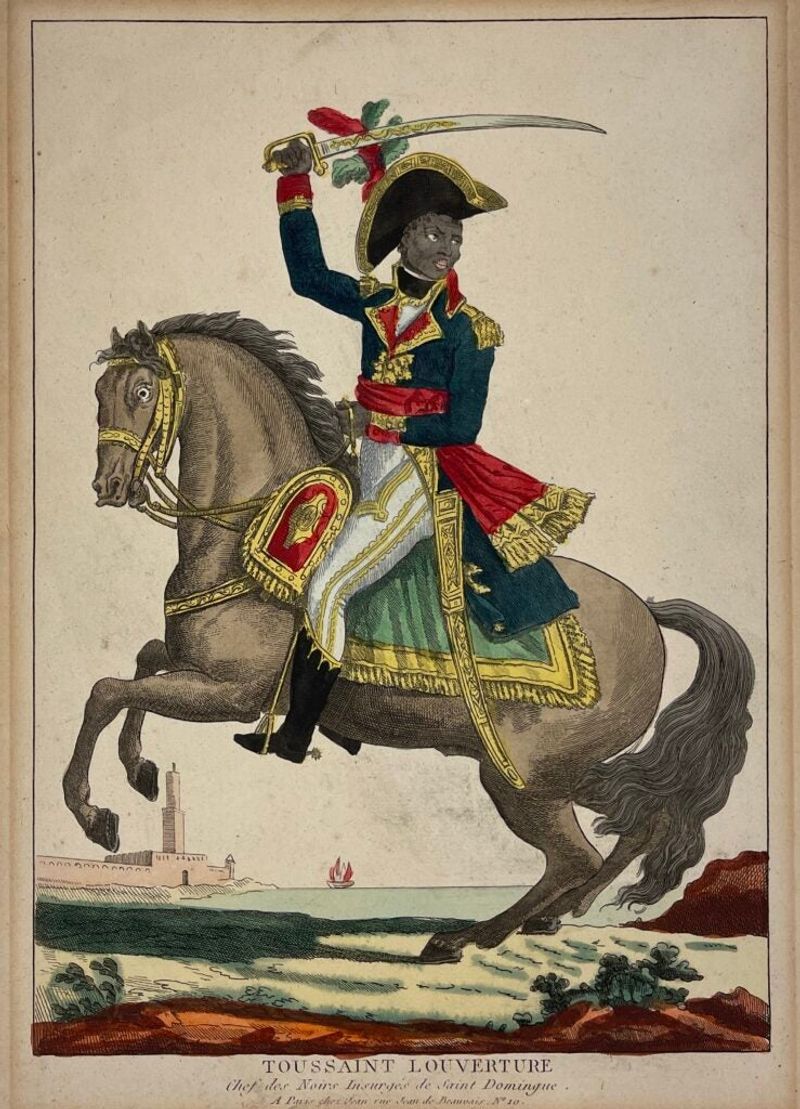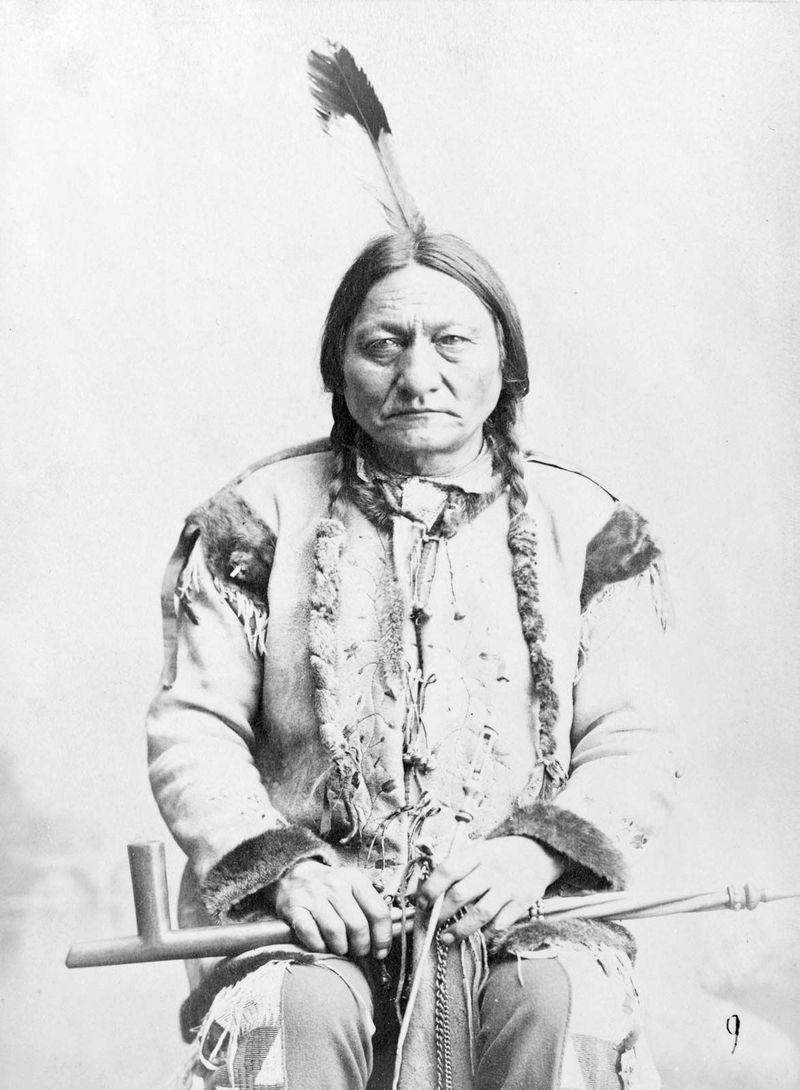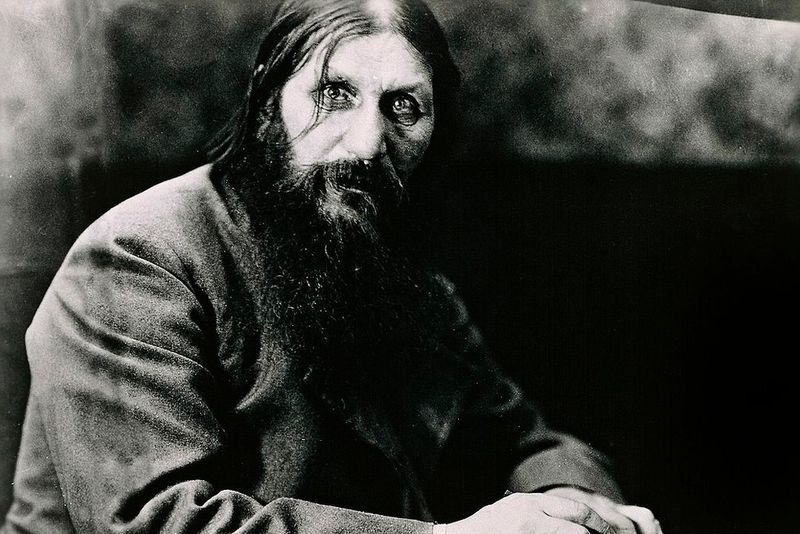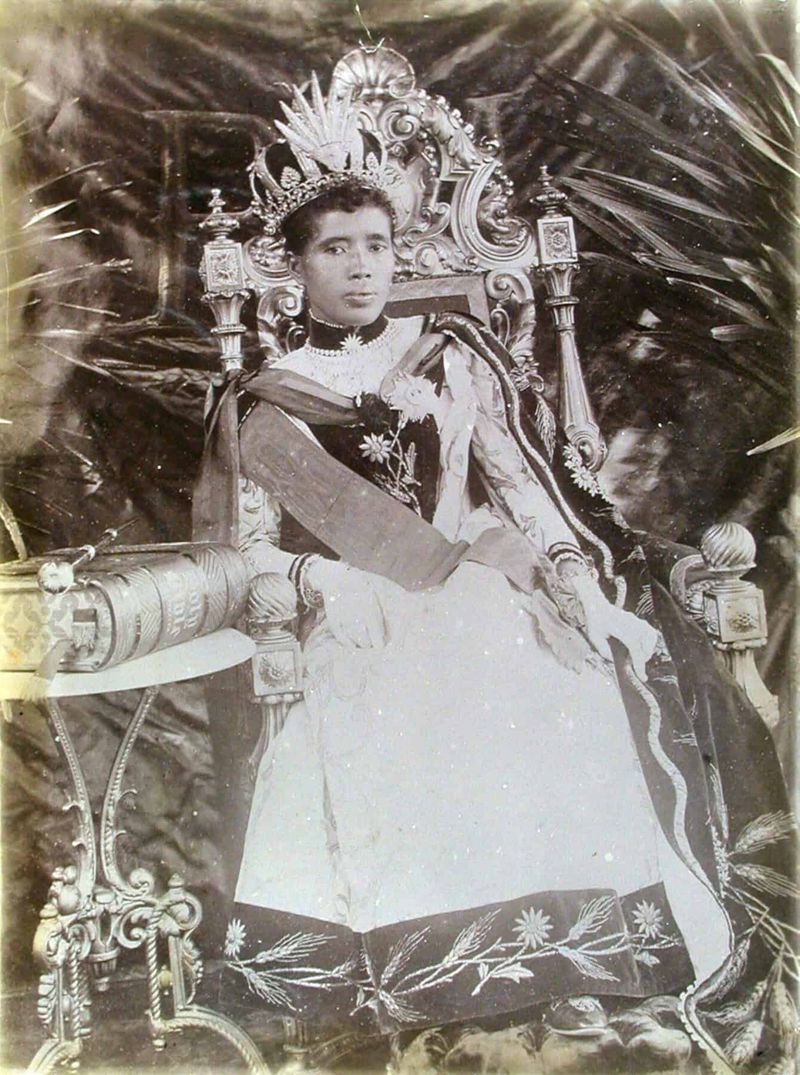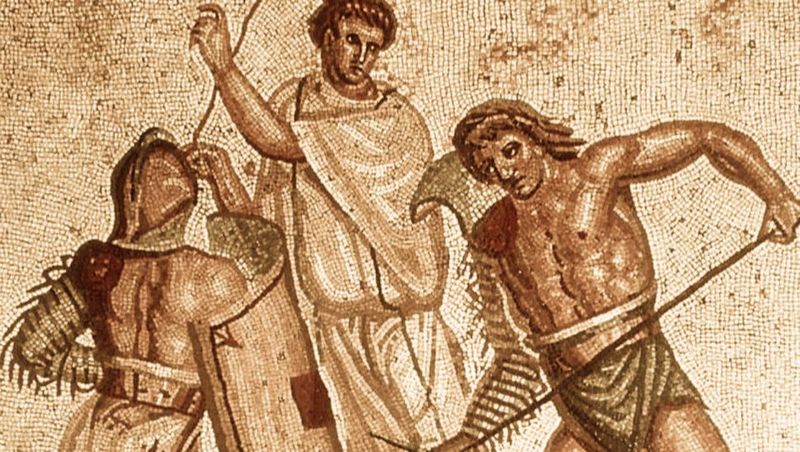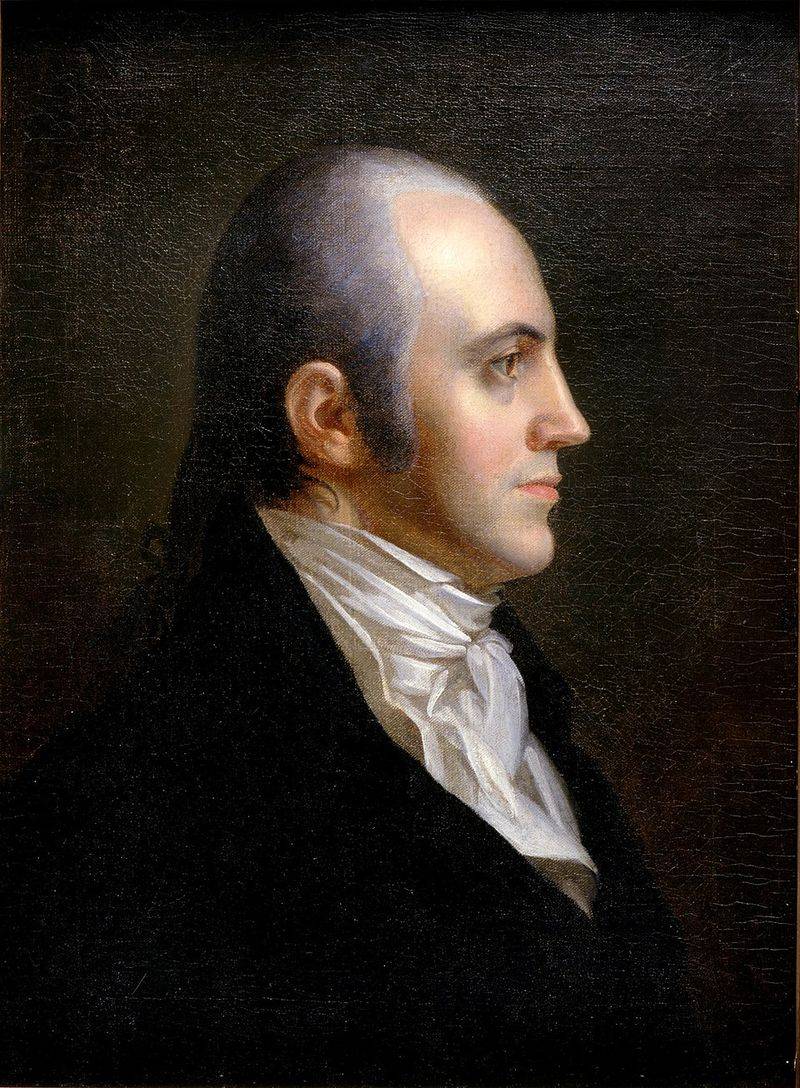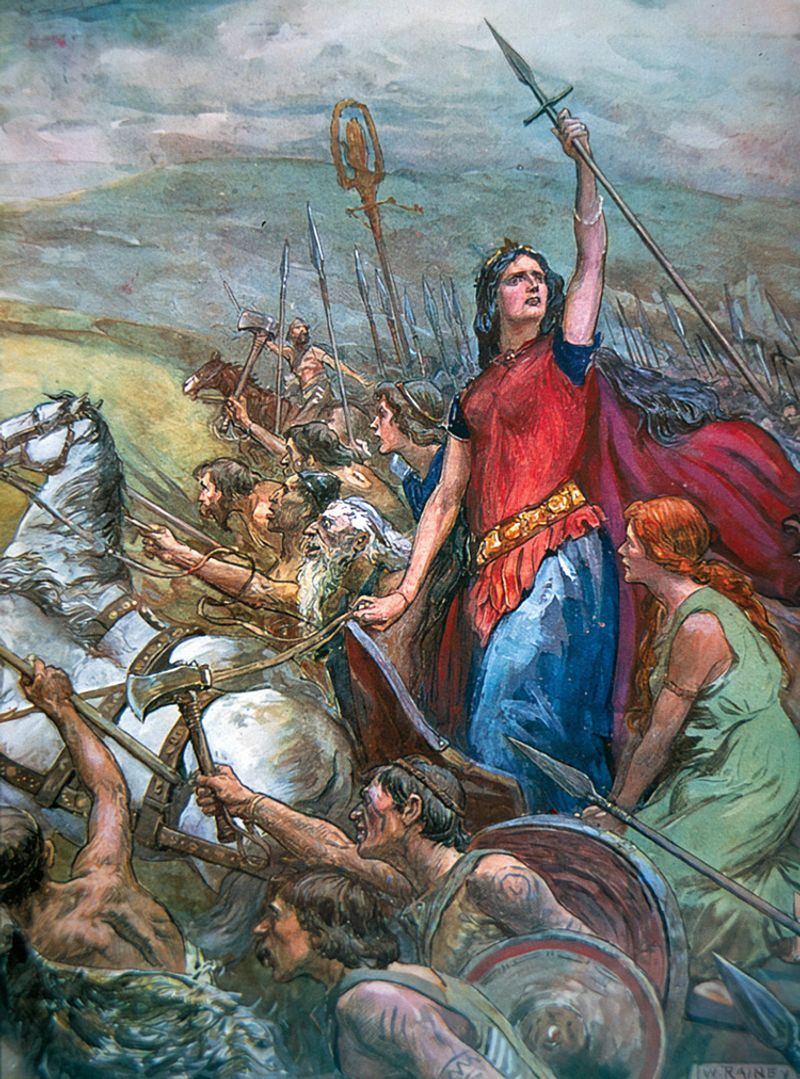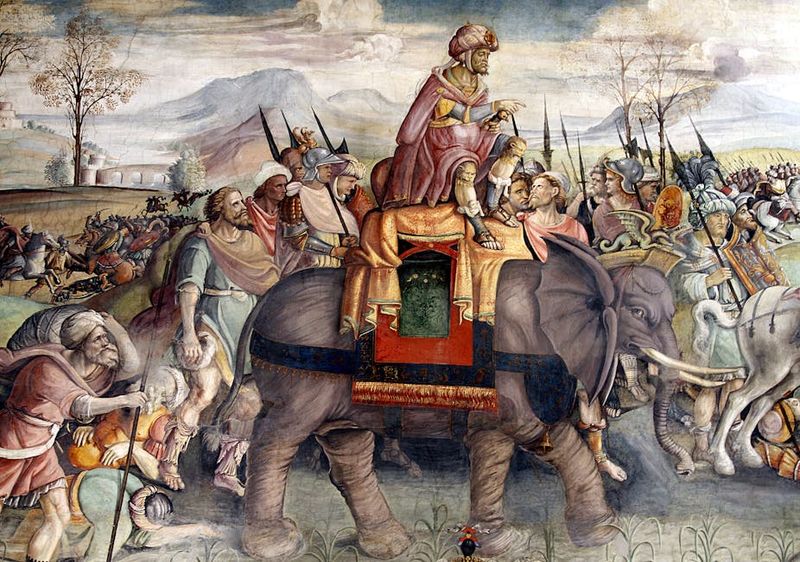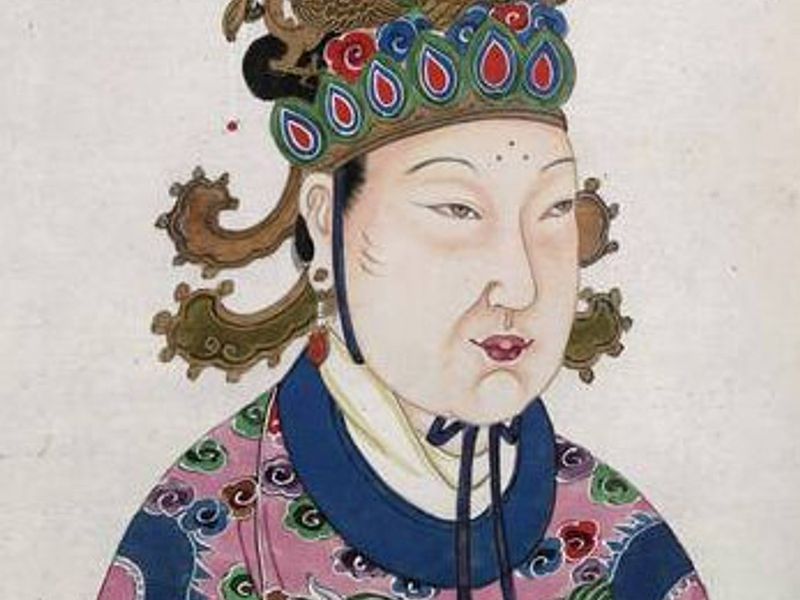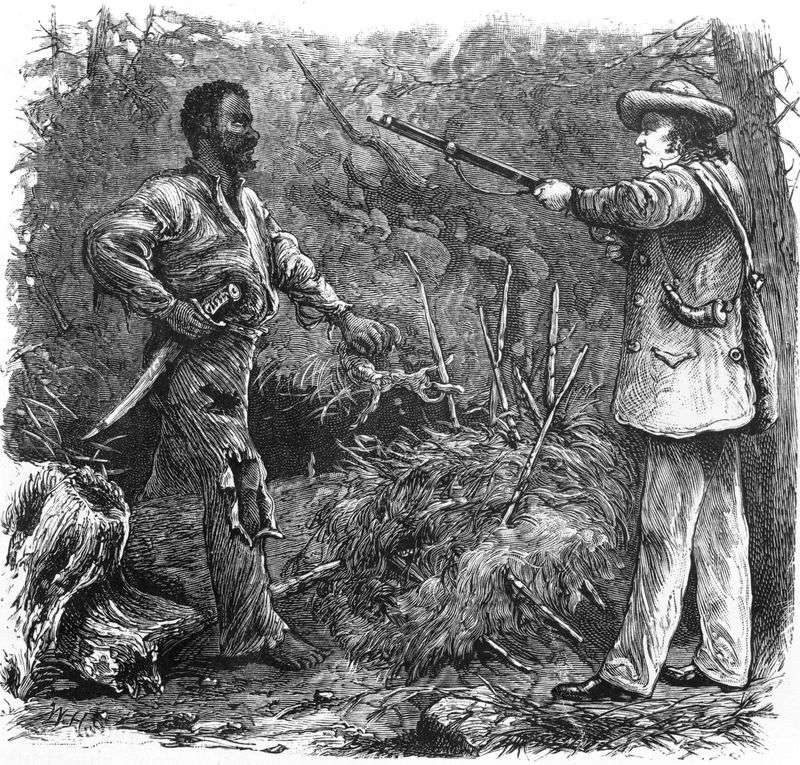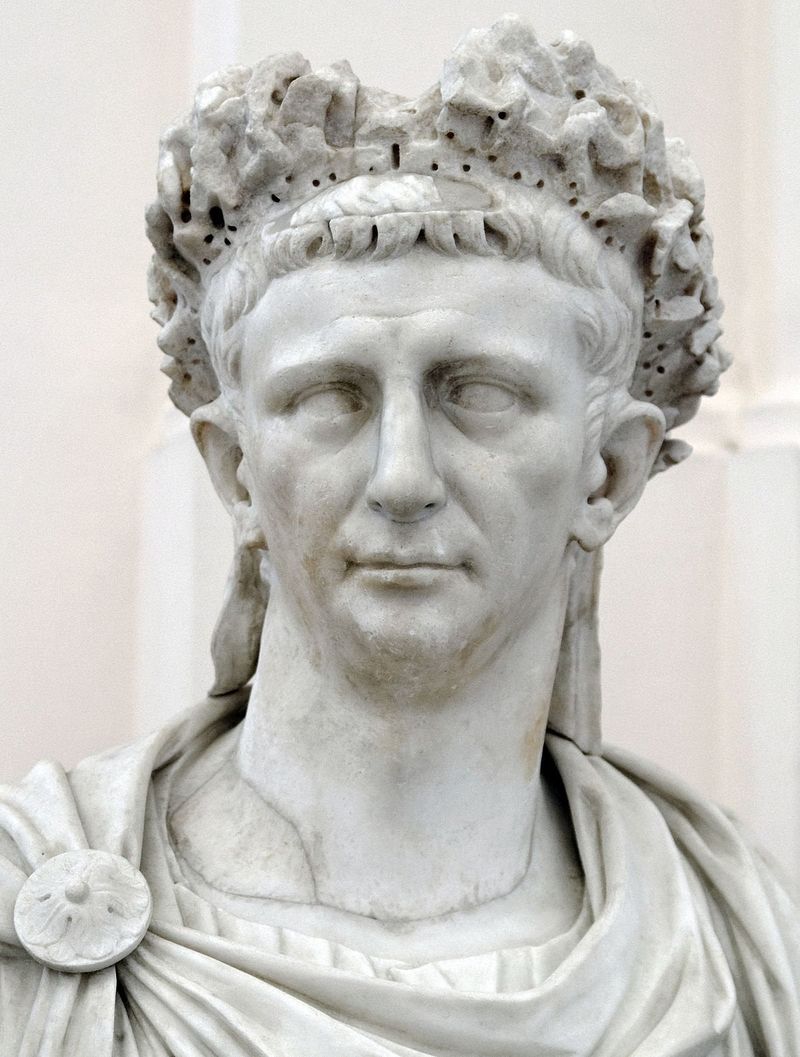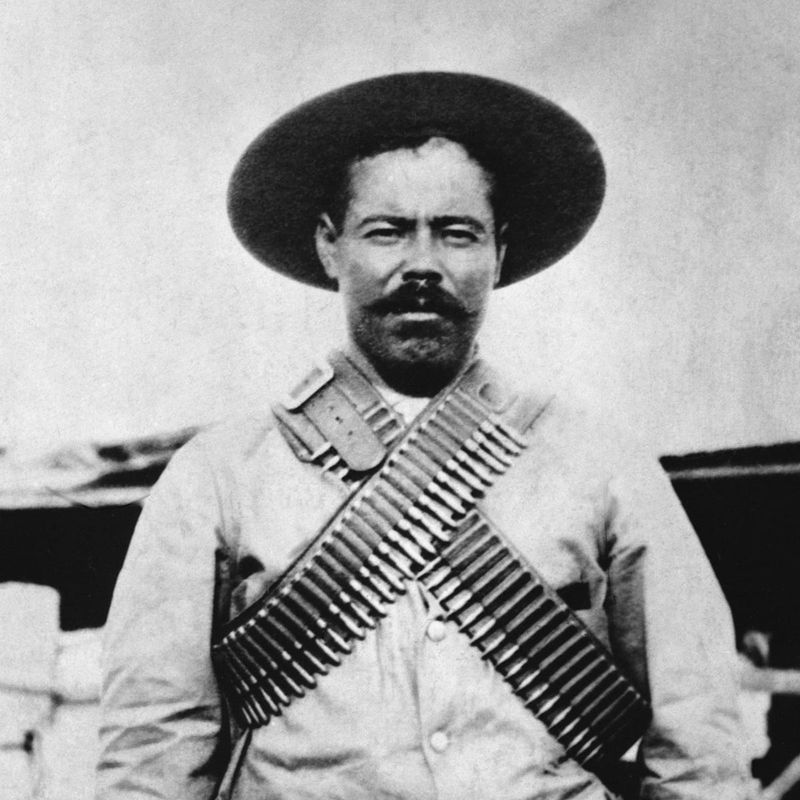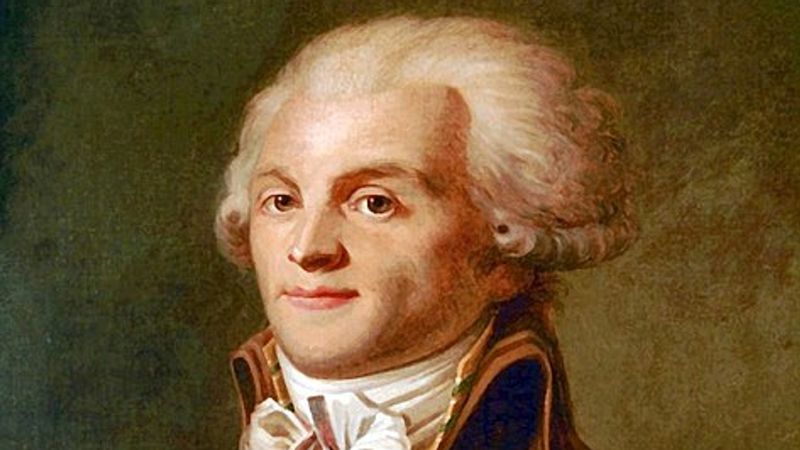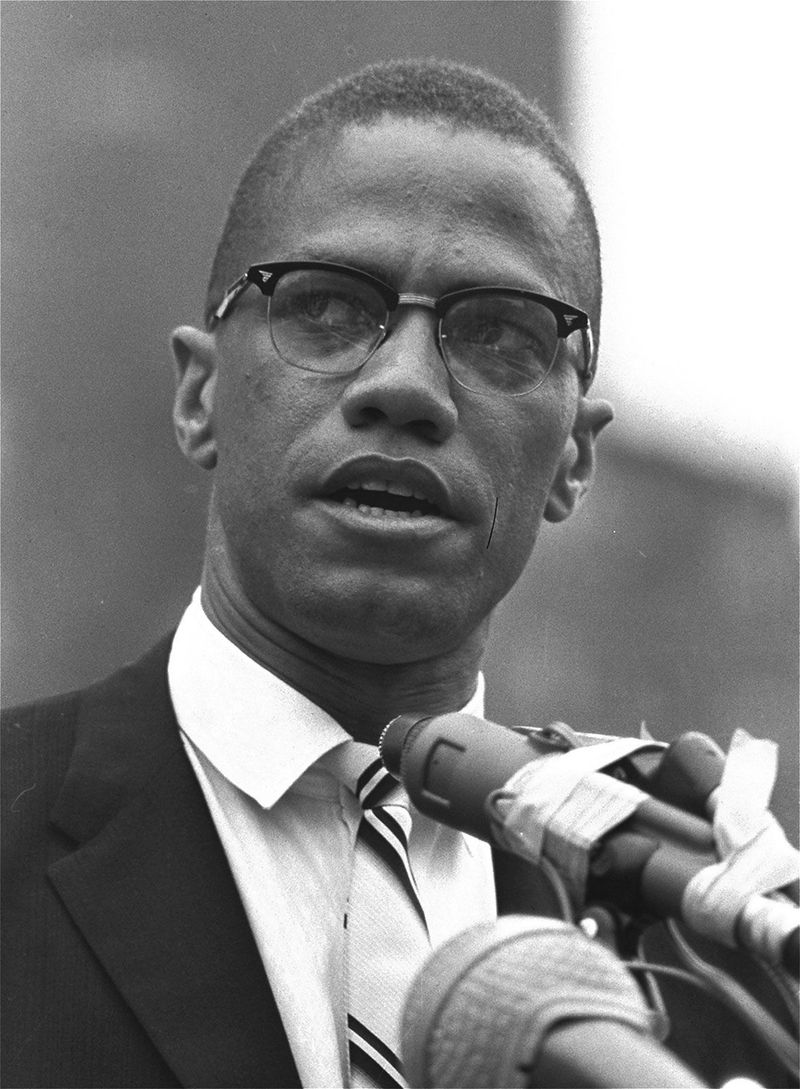History often paints certain figures in a negative light, casting them as villains in the grand narrative. However, a deeper look reveals that many of these so-called villains were misunderstood heroes, fighting for justice, independence, and the betterment of their people. Here are 17 individuals who were vilified in their time but have come to be seen as heroes in the eyes of history.
1. Cleopatra – The Last Pharaoh Who Fought for Egypt’s Survival
Known for her diplomatic acumen, Cleopatra was a polyglot who negotiated with Rome to safeguard Egypt’s interests. Roman propaganda maliciously depicted her as a temptress, yet she was a strategic leader. Her alliances with Julius Caesar and Mark Antony were aimed at ensuring Egypt’s independence amidst Roman expansionism. Despite her vilification, Cleopatra’s intelligence and leadership were key to maintaining Egypt’s sovereignty longer than expected. Her efforts were not merely for self-preservation but for her nation’s survival. Cleopatra’s legacy is one of a dedicated ruler whose intentions were misconstrued by history.
2. Shaka Zulu – The Military Genius Who United Southern Africa
Shaka Zulu revolutionized warfare in Southern Africa with innovative tactics and a disciplined army. He unified disparate tribes into a formidable kingdom, which resisted European colonization efforts. Vilified as a tyrant by colonizers, Shaka’s leadership was instrumental in preserving his people’s culture and autonomy. His military strategies were not mere displays of aggression but were necessary defenses against external threats. Shaka’s vision for a united Zulu nation was driven by a desire to protect his people from colonial exploitation. His legacy is that of a unifier and protector.
3. Emperor Nero – The Populist Leader Who Loved the Arts
Nero’s reign is often overshadowed by accusations of tyranny, yet he was a patron of the arts and initiated public welfare programs. Contrary to the image of a ruler indifferent to Rome’s suffering, Nero actively participated in rebuilding efforts after the Great Fire. He championed the common people’s needs, offering public entertainment and housing. The portrayal of Nero fiddling while Rome burned is misleading; he was hands-on in restoring the city. His passion for culture and dedication to the populace made him beloved by many, despite the Senate’s criticism.
4. Toussaint Louverture – The Slave Who Defeated Napoleon
Toussaint Louverture is celebrated for leading the only successful slave uprising in history, which liberated Haiti from French rule. Although branded a traitor, he was a visionary who sought equality and freedom for his people. His strategic brilliance outmaneuvered one of history’s most powerful armies. Louverture’s leadership was not marked by rebellion for its own sake, but by a quest for justice and human dignity. His actions laid the groundwork for Haiti’s independence, inspiring future generations to fight against oppression. Louverture remains a symbol of resilience and freedom.
5. Sitting Bull – The Lakota Leader Who Resisted Genocide
Sitting Bull was a steadfast leader who united the Lakota tribes against U.S. expansion, defending their way of life. Branded as a savage by those seeking land and resources, he was, in fact, a visionary who foresaw the threat to his people’s existence. His leadership at the Battle of Little Bighorn marked a significant Native American victory. Sitting Bull’s resistance was rooted in a profound sense of justice and protection for his people. His legacy is that of a defender of his culture and sovereignty, not a savage as painted by adversaries.
6. Grigori Rasputin – The Mystic Who Tried to Save the Romanovs
Rasputin, often depicted as a malevolent force, was a healer who gained the trust of the Romanovs by alleviating their son’s suffering. His influence was seen as manipulative, yet he was genuinely concerned for the royal family’s wellbeing. Rasputin’s presence was a factor of hope during turbulent times for Russia. While rumors painted him as a dark figure, his intentions were to stabilize the monarchy during crises. Rasputin’s legacy is complex, entwined with misunderstanding and myth, but his role as a healer remains significant.
7. Queen Ranavalona I – The Malagasy Ruler Who Fought Colonialism
Queen Ranavalona I’s reign is often mischaracterized by foreign powers as tyrannical, yet she was a staunch protector of her country’s sovereignty. Her policies aimed to rid Madagascar of colonial interests and preserve its cultural identity. Though labeled as mad, her leadership ensured the island’s independence for decades amidst growing European influence. Ranavalona’s rule was marked by efforts to safeguard her people from external domination. Her steadfastness in the face of international pressure illustrates her dedication to Malagasy autonomy and resistance against colonization.
8. Spartacus – The Gladiator Who Led a Rebellion for Freedom
Spartacus is remembered for leading one of history’s greatest slave uprisings, challenging the Roman Republic’s might. Although Rome branded him a criminal, his fight was rooted in the pursuit of freedom and dignity for the oppressed. Spartacus’s rebellion, while ultimately unsuccessful, inspired countless others to question and resist tyranny. His leadership was not driven by personal gain but by a collective vision for liberation. Spartacus’s legacy is that of a courageous leader who dared to defy an empire, advocating for justice and equality against staggering odds.
9. Aaron Burr – The Founding Father Erased from History
Aaron Burr’s name is often synonymous with traitor, largely due to his infamous duel with Alexander Hamilton. However, Burr was a forward-thinking advocate for women’s rights and progressive policies. His political career is overshadowed by controversy, yet his contributions to early American society were significant. Burr’s vision for a more inclusive political landscape was ahead of his time, challenging the status quo. His advocacy for civil liberties marks him not as a villain but as a revolutionary thinker. Burr’s legacy is one of progressive ideals and misunderstood intentions.
10. Boudicca – The Celtic Queen Who Fought the Romans
Boudicca, the Celtic queen, is celebrated for her audacious revolt against Roman occupation in Britain. While Roman historians labeled her a barbarian, her fight was for independence and justice following grievous injustices against her people. Boudicca’s leadership galvanized a massive uprising that posed a genuine threat to Roman control. Her rebellion was not merely an act of defiance, but a powerful statement of resistance and self-determination. Boudicca’s enduring legacy is one of courage and tenacity, symbolizing the struggle for freedom against overwhelming forces.
11. Hannibal Barca – The General Who Almost Toppled Rome
Hannibal Barca’s audacious military campaigns against Rome are legendary, yet he is often cast as a villain due to his opposition to Roman expansion. His crossing of the Alps with war elephants was a testament to his strategic brilliance. Hannibal’s aim was not conquest for its own sake, but the preservation of Carthaginian sovereignty. Despite being depicted as a monster, his tactics nearly dismantled Rome’s dominance. Hannibal’s legacy is that of a tactical genius who posed a formidable challenge to an empire, inspiring admiration and fear.
12. Empress Wu Zetian – China’s Only Female Emperor
Wu Zetian’s rule as the only female emperor of China was groundbreaking, yet historical narratives often portray her as ruthless. In reality, she expanded China’s territories, improved the civil service system, and promoted women’s rights. Her dedication to education and governance was unparalleled. Despite the criticisms, Wu’s reign was marked by prosperity and cultural development. Her ambition and leadership broke gender barriers, challenging societal norms. Wu Zetian’s legacy is that of a pioneering ruler who defied convention, leaving an indelible mark on Chinese history.
13. Nat Turner – The Preacher Who Led a Slave Rebellion
Nat Turner’s revolt in 1831 was a pivotal moment in the fight against slavery, striking fear into slaveholders and igniting abolitionist fervor. Though labeled a fanatic by Southern narratives, his actions were a desperate plea for justice. Turner’s faith-driven leadership inspired a movement that exposed the brutal realities of slavery. His rebellion, while brutally suppressed, resonated deeply, furthering the cause for freedom. Turner’s legacy is enshrined as a testament to the relentless fight for equality and human dignity, transcending his vilification as a murderous fanatic.
14. Caligula – The Emperor Who Challenged the Senate
Caligula’s reign is often remembered for alleged insanity, yet he was a reformer who sought to redistribute power from the Senate to the people. His bold decisions and public spectacles endeared him to Rome’s citizens, but threatened established elites. The narrative of his madness overshadows his attempts to democratize power structures, leading to his assassination. Caligula’s leadership style was unorthodox, prioritizing popular support over aristocratic favor. His legacy is complex, marked by both radical reforms and the vilification of a ruler who dared to challenge the status quo.
15. Pancho Villa – The Mexican Revolutionary Who Fought the U.S.
Pancho Villa is often viewed as a bandit by U.S. narratives, yet in Mexico, he is celebrated for his role in the revolution. Villa fought against oppressive regimes, advocating for land reforms that benefited the poor. His military campaigns were not acts of banditry, but strategic efforts to uplift the disenfranchised. Villa’s actions were driven by a vision of equality and justice, challenging foreign and domestic oppression. His legacy is that of a revolutionary hero, whose fight against tyranny extended beyond borders, inspiring a movement for change.
16. Robespierre – The Revolutionary Who Wanted Equality
Robespierre’s name is often associated with the Reign of Terror, yet he was a key figure in ending feudalism and advocating for democratic ideals in France. His radical push for equality and abolition of slavery marked him as a threat to the status quo. Robespierre’s vision was rooted in justice and social reform, despite the tumultuous period of his leadership. His execution overshadowed his contributions to revolutionary principles. Robespierre’s legacy is that of a misunderstood architect of democracy, whose ideals resonated beyond his vilification as a dictator.
17. Malcolm X – The Activist Who Exposed Systemic Racism
Malcolm X’s unyielding advocacy for Black liberation and systemic change made him a polarizing figure. Labeled radical by authorities, his message of empowerment and self-defense resonated with marginalized communities. Malcolm’s evolution from Nation of Islam spokesman to a global human rights advocate highlighted his dedication to justice. His journey was one of transformation and profound impact, challenging societal norms and advocating for equality. Malcolm X’s legacy endures as a testament to his visionary leadership and relentless pursuit of justice, dispelling myths of his radicalism.
